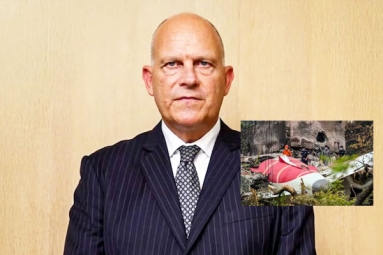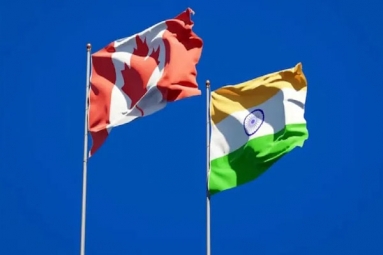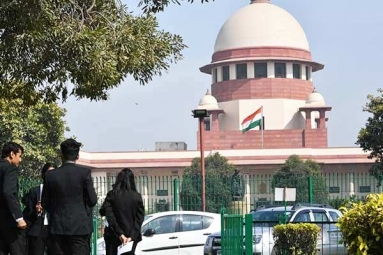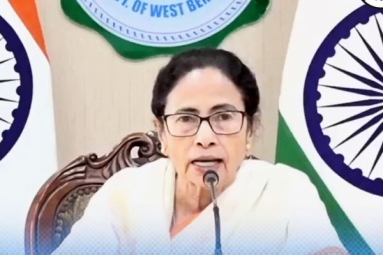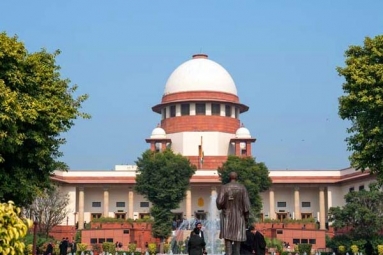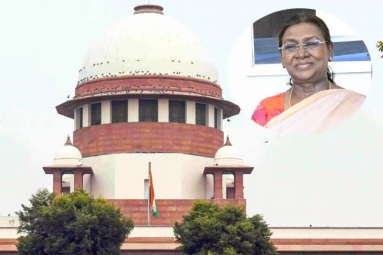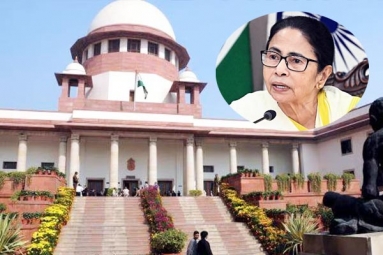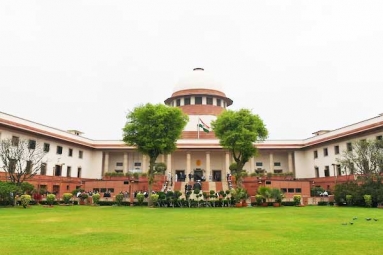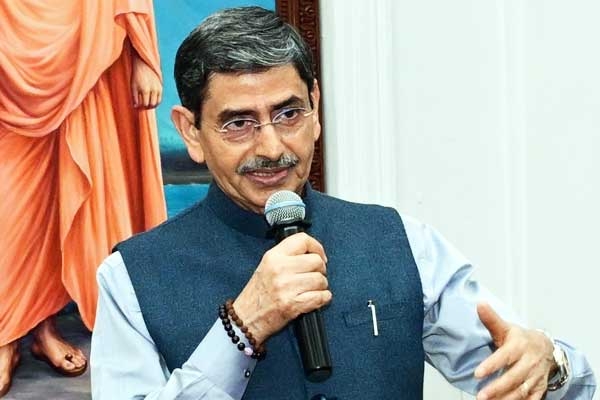
(Image source from: x.com/rajbhavan_tn)
In a significant victory for the Tamil Nadu administration under MK Stalin, the Supreme Court determined today that Governor RN Ravi's choice to withhold approval for ten important Bills was both "illegal" and "arbitrary." The ruling clarified that the Governor is not permitted to reserve Bills for the President after already withholding assent. The bench, led by Justice JB Pardiwala and Justice R Mahadevan, stated, "The Governor's action to reserve these ten Bills for the President is illegal and arbitrary. Therefore, this action is overturned. All actions taken by the Governor regarding these Bills are annulled. These Bills will be considered approved from the date they were resubmitted to the Governor." The court noted that Governor Ravi did not operate in "good faith." Tamil Nadu's Chief Minister and DMK leader MK Stalin hailed the ruling as "historic," proclaiming, "This is a significant victory not only for Tamil Nadu but for all states across India. The DMK will persist in its efforts to achieve state autonomy and uphold federal governance."
The court indicated that the Governor should have granted approval for the Bills upon their resubmission after being passed again by the Assembly. Article 200 of the Constitution outlines the options available to the Governor upon receiving a Bill from the state legislature. The Governor may either give assent, withhold it, or reserve the Bill for the President's review. Additionally, the Governor has the authority to return the Bill to the legislature for reconsideration of specific provisions. If the legislature passes the Bill again, the Governor is then obliged not to withhold assent. A Bill may be reserved for the President only if the Governor believes it contradicts the Constitution or the directive principles of state policy or if it involves national significance.
Furthermore, the court established deadlines for the exercise of these options, indicating that failure to meet these deadlines would subject the Governor's actions to judicial review. The court specified a one-month period for Governors to withhold assent and reserve a Bill for the President’s consideration with the Council of Ministers’ advice. If a Bill is reserved without the Ministers' guidance, the period extends to three months. Additionally, when a Bill is resubmitted after the Assembly's reconsideration, the Governor is required to approve it within a month. The court emphasized that any actions by the Governor under Article 200 are open to judicial review.
The court also clarified that it does not intend to diminish the powers of the Governor, asserting that "all actions of the Governor must conform to the principles of parliamentary democracy." RN Ravi, a former IPS officer and Central Bureau of Investigation (CBI) official, has been serving as the Governor of Tamil Nadu since 2021. His relationship with the MK Stalin-led government has been strained, with the DMK accusing him of acting in alignment with BJP interests by obstructing Bills and appointments. The Governor has defended his stance, citing Constitutional provisions that allow him to withhold legislative assent.
There has been a conflict between the state government and Raj Bhavan during the traditional address given by the Governor to the Assembly. In the previous year, the Governor departed in protest because the National Anthem was not sung prior to his speech. Typically, the state anthem, Tamil Thai Valthu, is performed at the start of the session, with the National Anthem concluding the proceedings. However, Governor Ravi expressed discontent, stating that the National Anthem should be played at both instances. In 2023, he declined to present the traditional address, criticizing the draft for containing "numerous passages with misleading claims far from truth." The year prior, he also omitted sections of the speech that included references to prominent figures such as BR Ambedkar, Periyar, and CN Annadurai, along with the term 'Dravidian Model' and certain mentions regarding law and order in Tamil Nadu.





